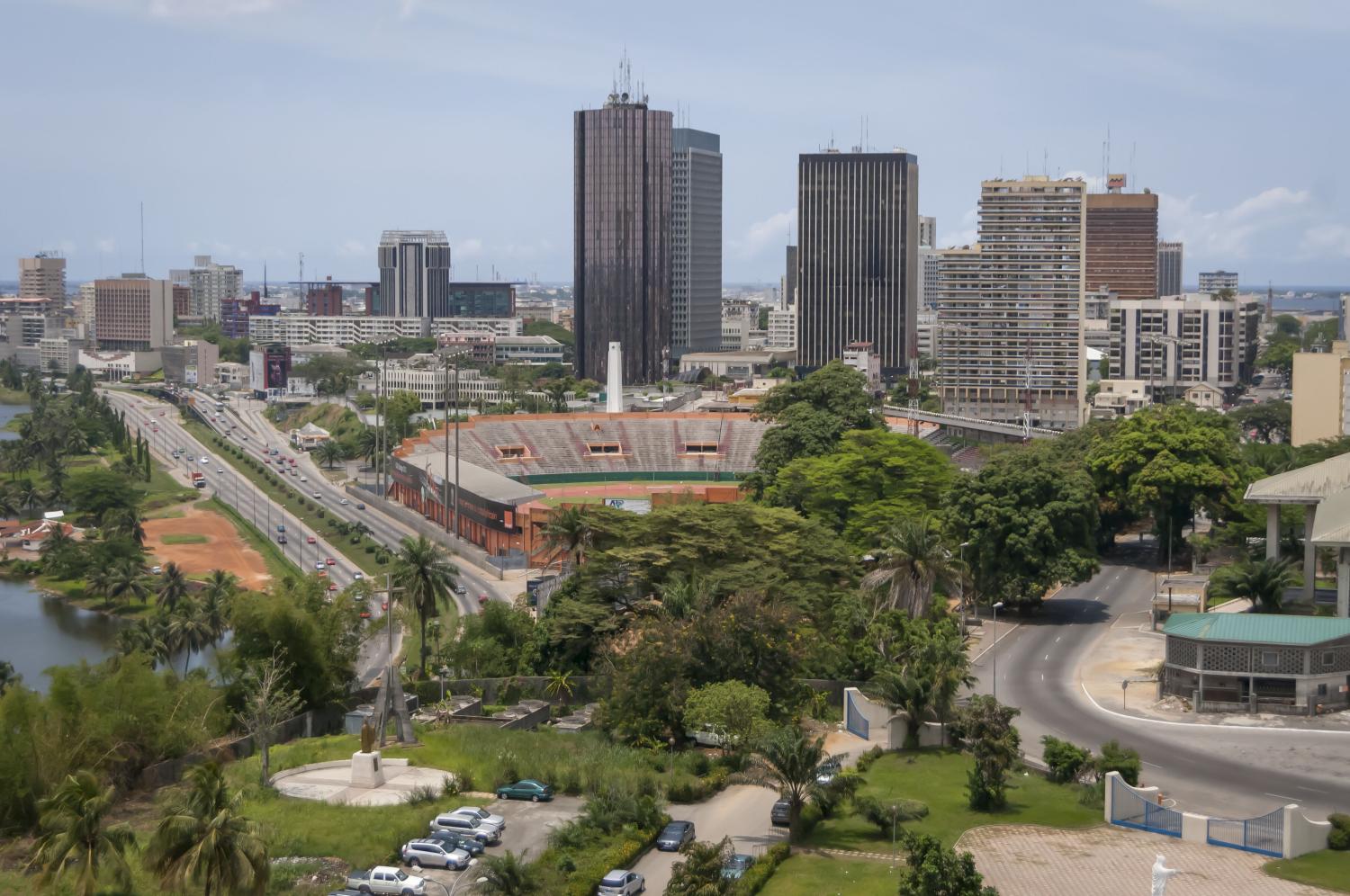Abstract
Urbanization is a key feature of growth and structural change in low-income countries, but African cities have left a large majority of their populations without productive jobs or adequate housing and other services. African cities are urbanizing while relatively poorer than when other developing regions began to urbanize; are fragmented, with low levels of accessibility; and have high costs relative to their level of development. As a result, these cities do not fully benefit from agglomeration and specialize primarily in the production of non-tradable goods and services.
To address these issues and better generate productive jobs, African cities must improve their business environment to become competitive in global markets and better link workers to firms and firms to markets.
To this end, we develop a framework detailing three primary constraints to a city’s ability to benefit from agglomeration and generate productive jobs: accessibility, the business environment, and public sector governance. We describe indicators and data sources that can be used to measure each factor within the framework. We then describe how the framework and indicators can be operationalized for identifying constraints to growth and productivity in cities.
The Brookings Institution is committed to quality, independence, and impact.
We are supported by a diverse array of funders. In line with our values and policies, each Brookings publication represents the sole views of its author(s).









